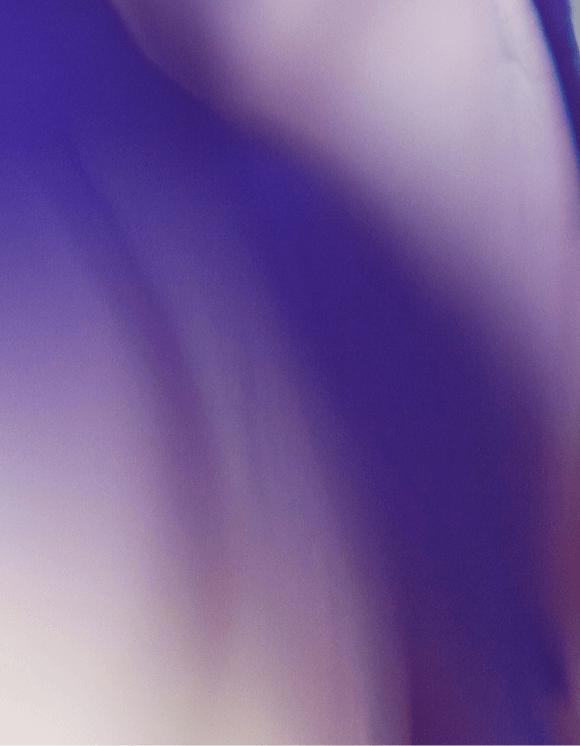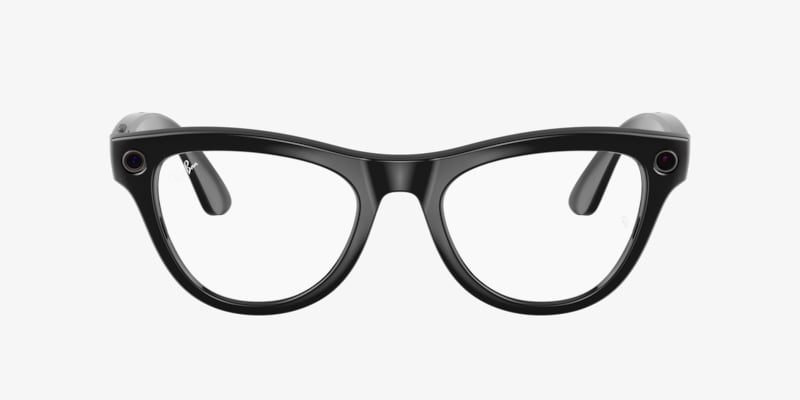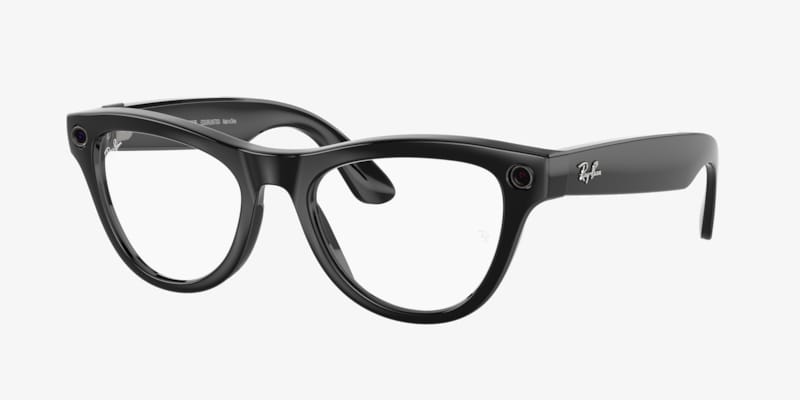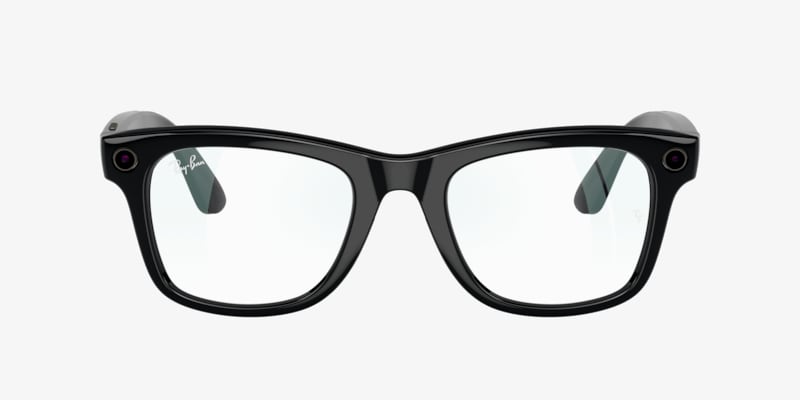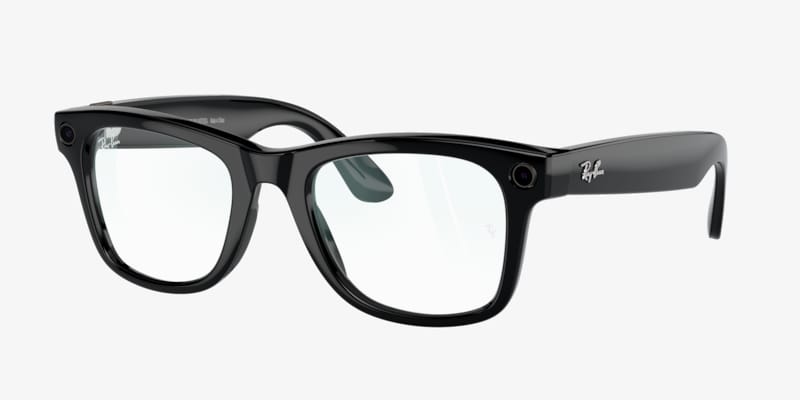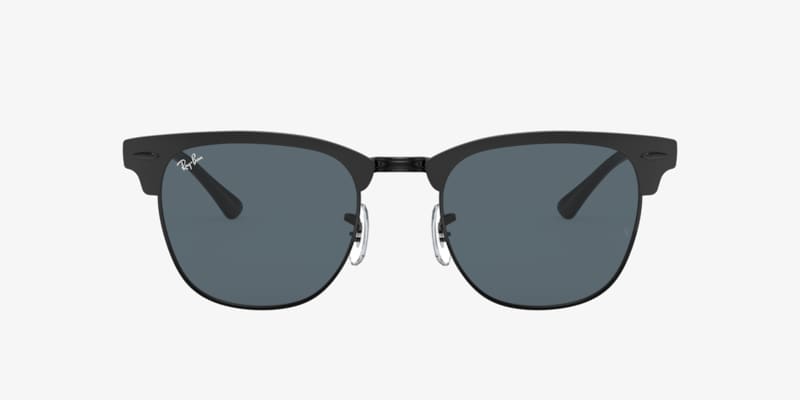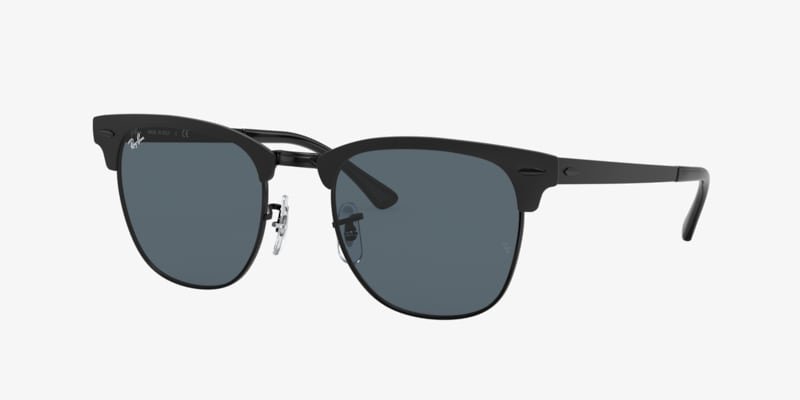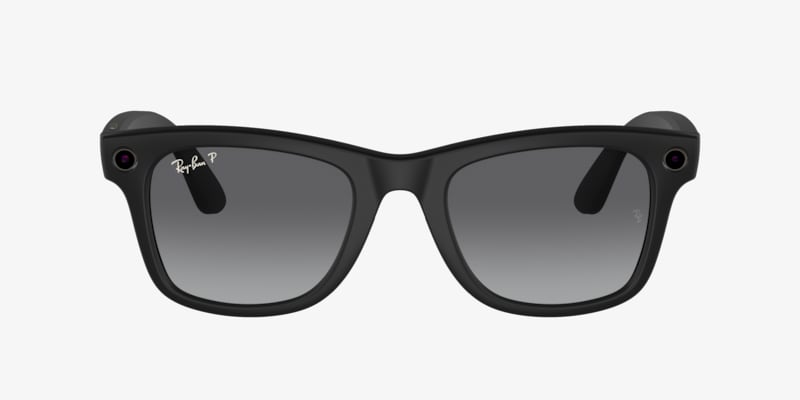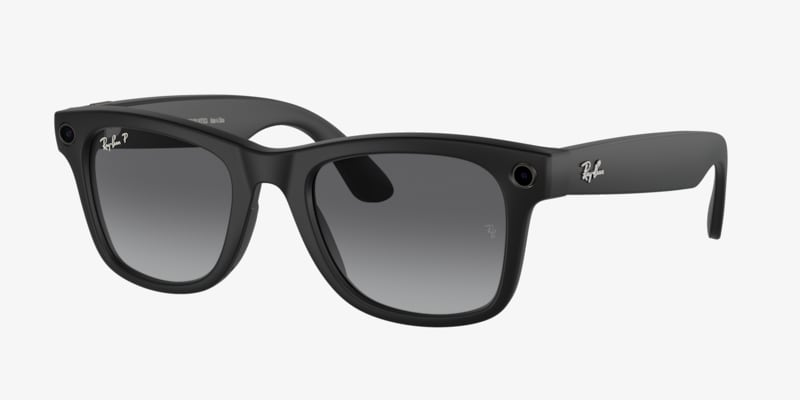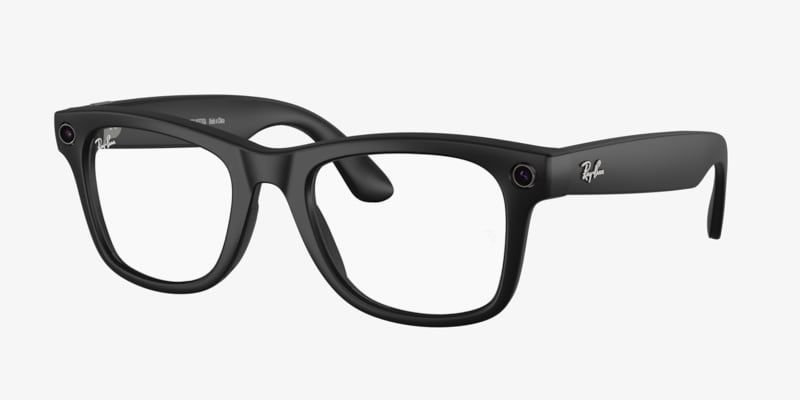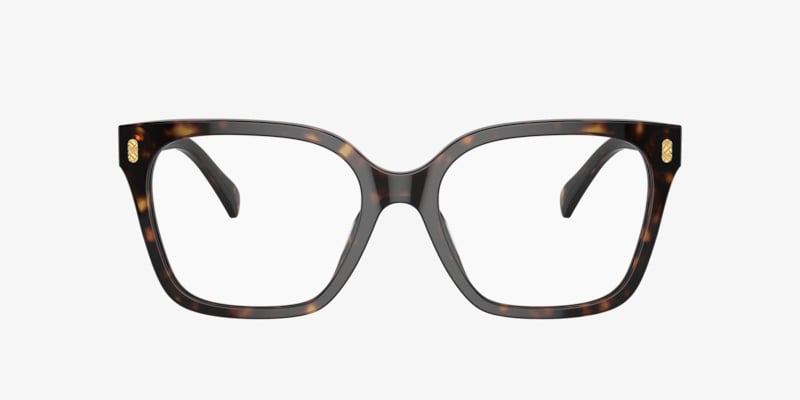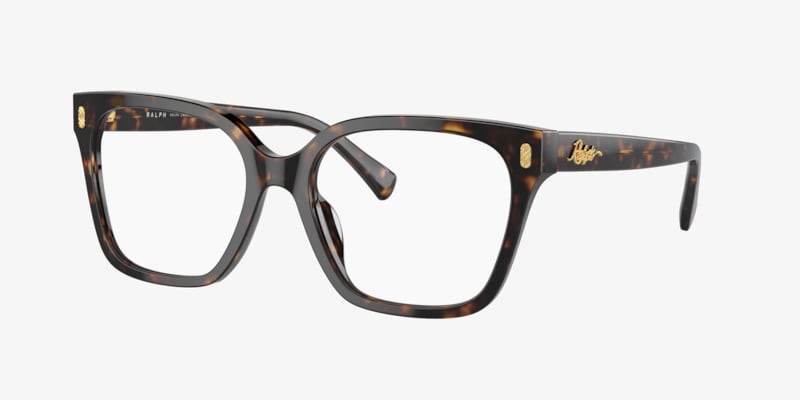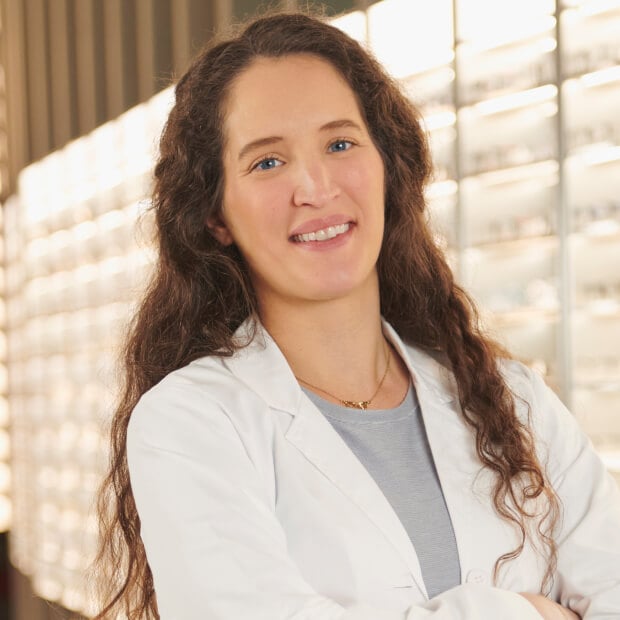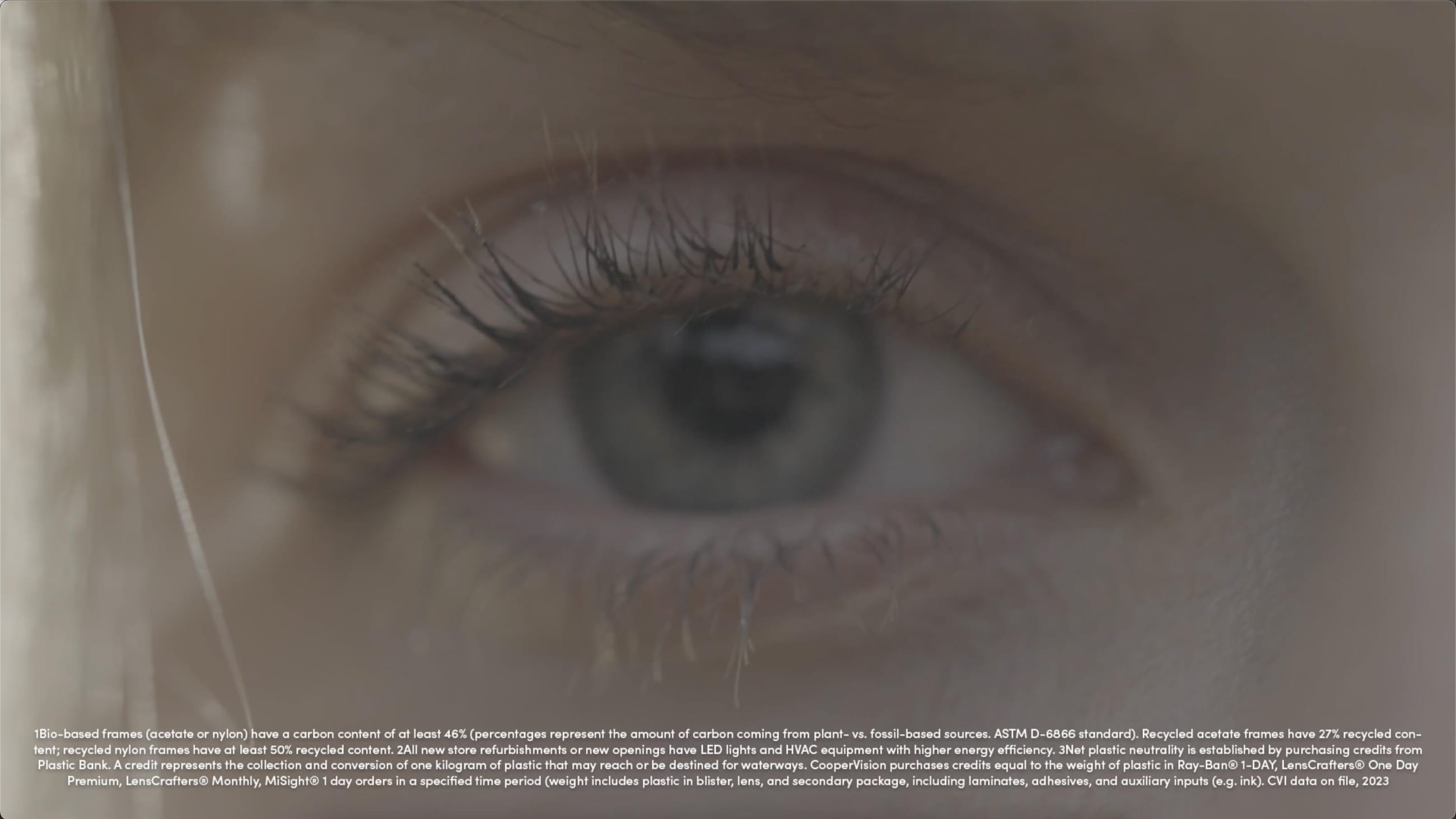emsName: X_Sustainability_LP_ESpot
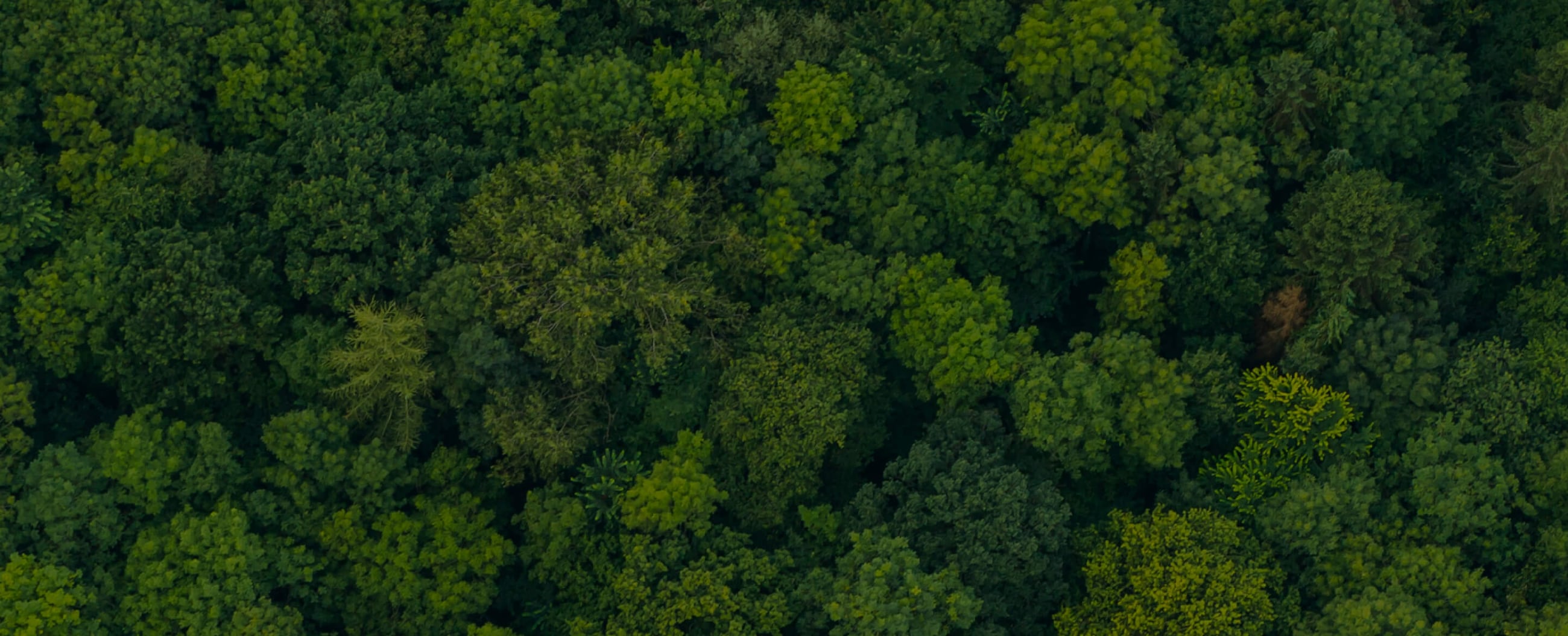

Because the planet
We are committed to protecting our environment and all the people who are a part of it for a better future.
Because we care.
OUR KEY PILLARS FOR building a BETTER future
We are proud of our sustainability efforts in 2023, and we’re not done yet. We continue pursuing initiatives in 2024, and look forward to sharing with you our progress toward positively impacting our communities as we embark on a new year. Learn more about the key pillars that make up our mission and ways we are supporting the health of our world.
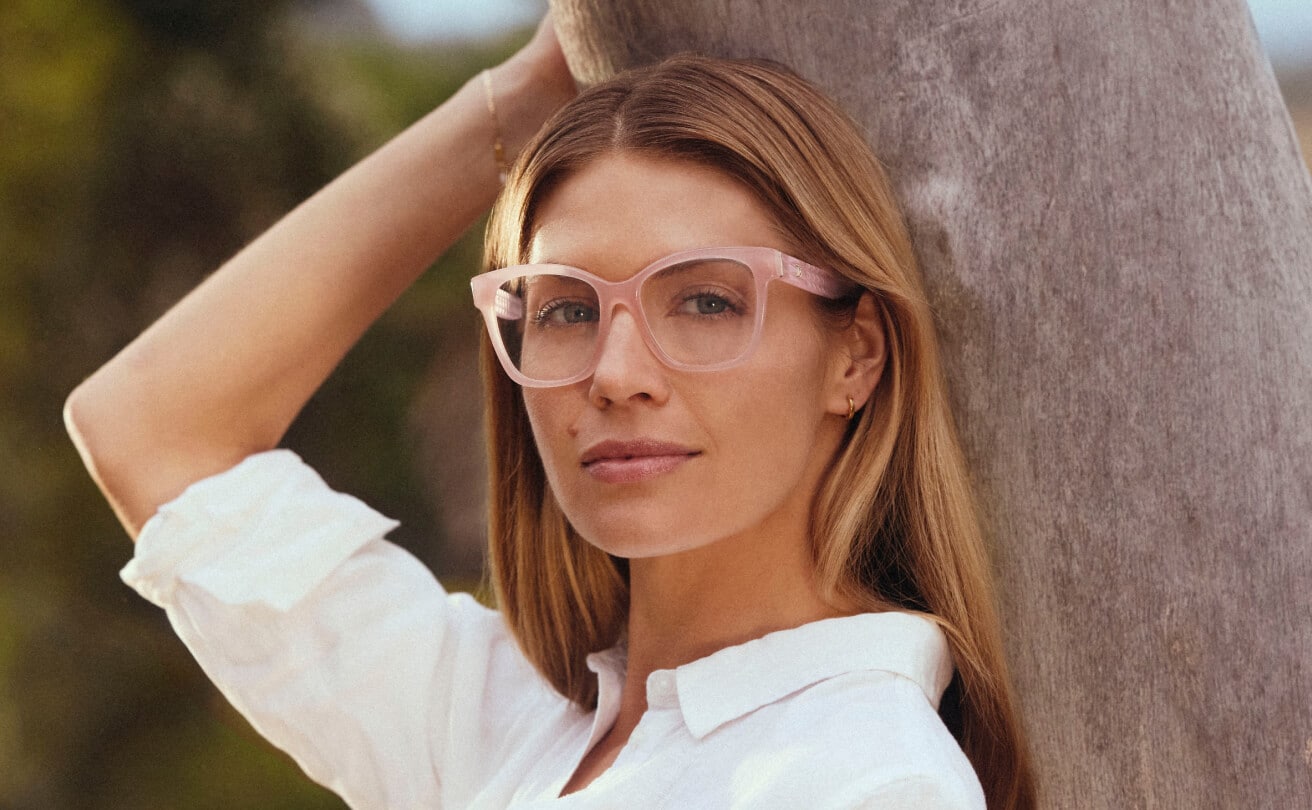
Carbon Efficiency
We’re committed to revamping our fleet of stores so that all new refurbishments or new openings have LED lights and HVAC equipment with higher energy efficiency. Most of North America’s energy production comes from thermal power plants, which burn either fossil fuels or nuclear fuel, releasing carbon emissions. Using energy efficient appliances reduces the reliance on these plants and increases carbon efficiency.

Circularity
A circular economy — in which resources are conserved by extending the lifespan of products and materials — is the key to reducing waste that pollutes our environment. We have focused on digitalization in our fleet of stores to reduce waste from paper that is often produced just to be discarded later. Our digital intake forms and e-receipts similarly provide a waste-free way to share and store these records, and our shopping bags are made from 100% recycled materials.

OUR Sustainable PRODUCTS
We are proud to offer a growing selection of frames containing bio-based or recycled materials. The aim is for all new EssilorLuxottica
products to be embedded with eco-design by the year 2025. Eco-design includes using bio-based materials. These include bio-based acetate —
made using cotton5, wood pulp, beetroot, sugarcane, and grains — and bio-based nylon, made using castor beans.
This, plus a focus on recycling secondary raw materials from plastic waste to make new frames6, means that our product assortment
can continue to support a circular economy.
OUR
RESPONSIBLE
SELECTION
View all


Moncler
ME2006
From
$779.00
Frame only
$779.00
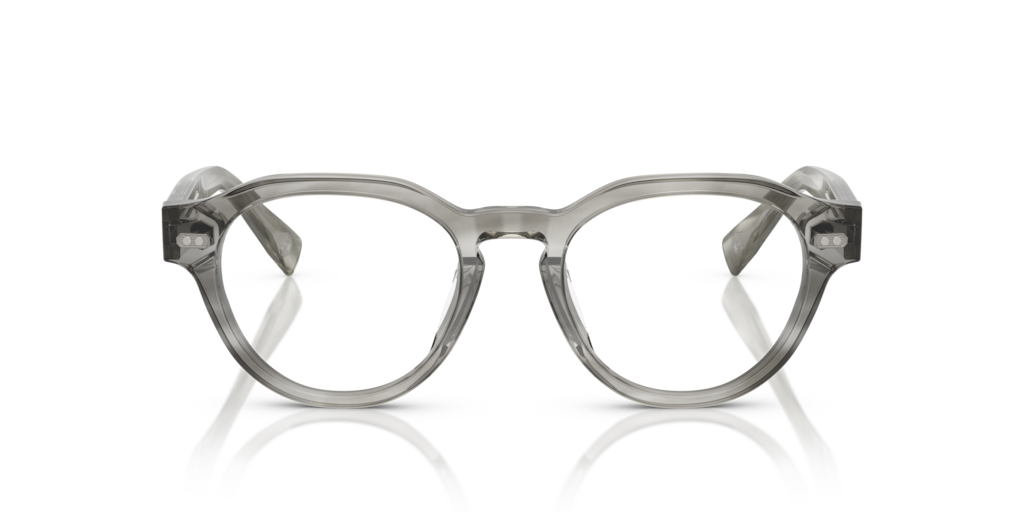
Brunello Cucinelli
BC3007
From
$963.00
Frame only
$963.00
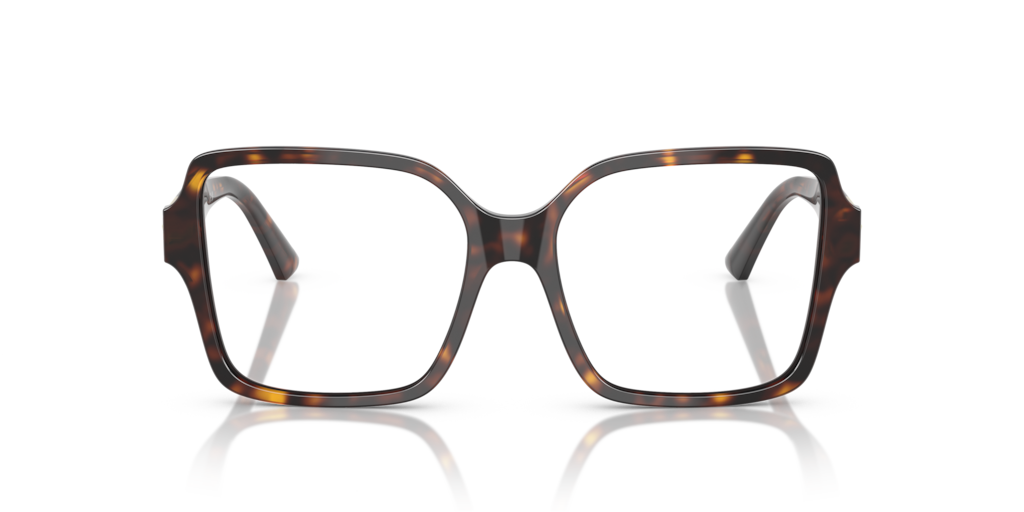
Jimmy Choo
JC3027
From
$500.00
Frame only
$500.00
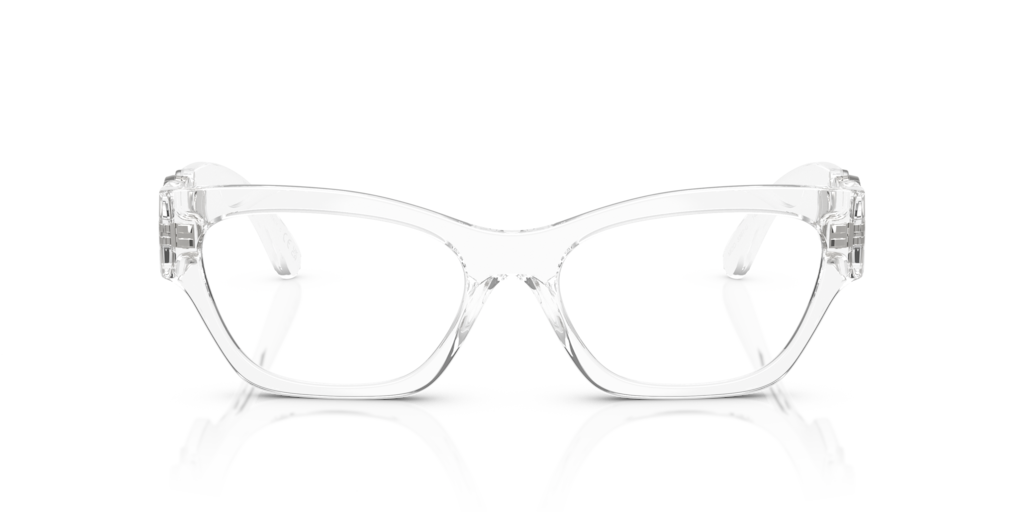
Versace
VE3367U
From
$444.00
Frame only
$444.00
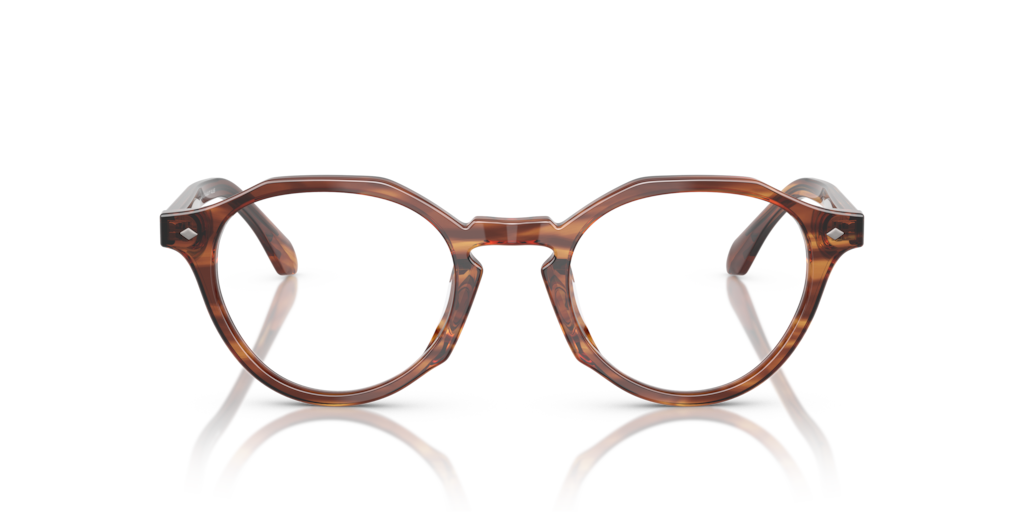
Giorgio Armani
AR7264U
From
$534.00
Frame only
$534.00
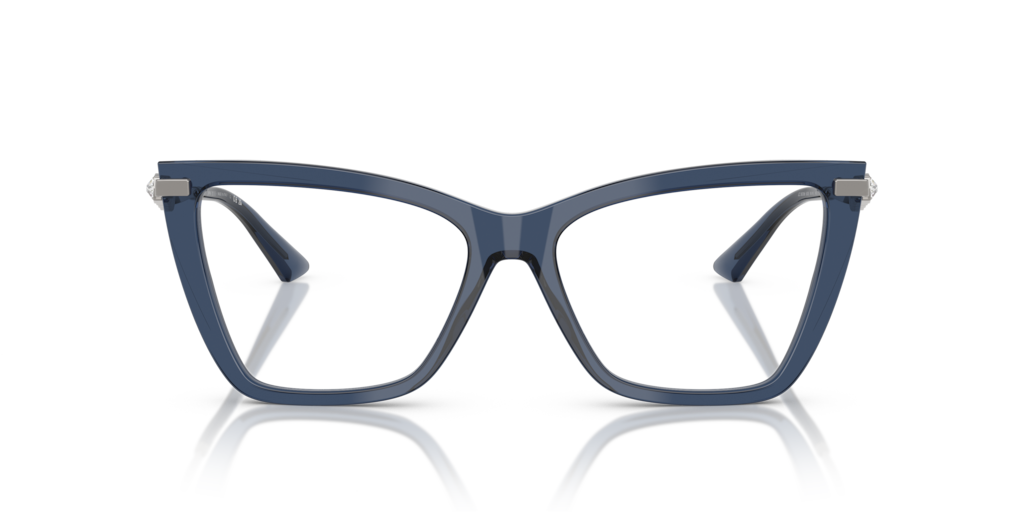
Jimmy Choo
JC3020B
From
$469.00
Frame only
$469.00
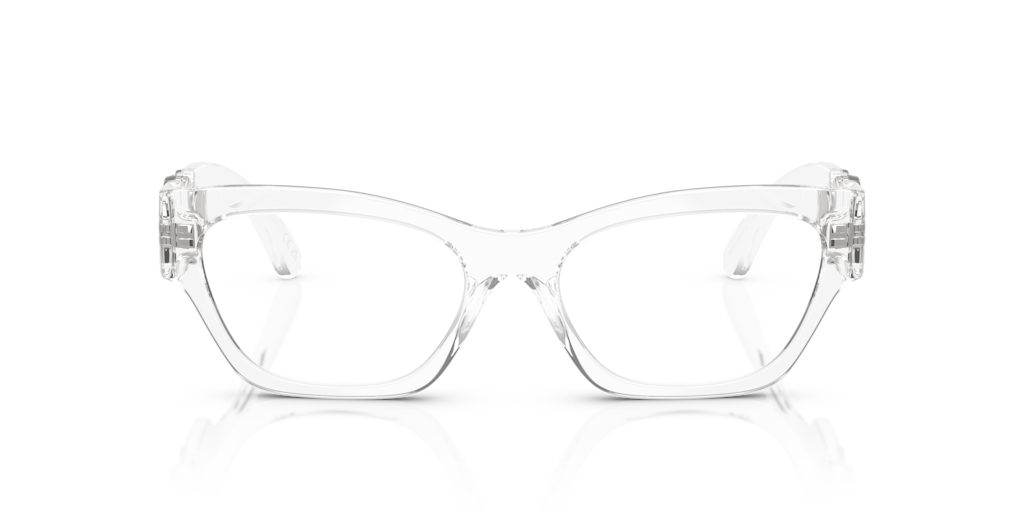
Versace
VE3367U
From
$444.00
Frame only
$444.00
View all

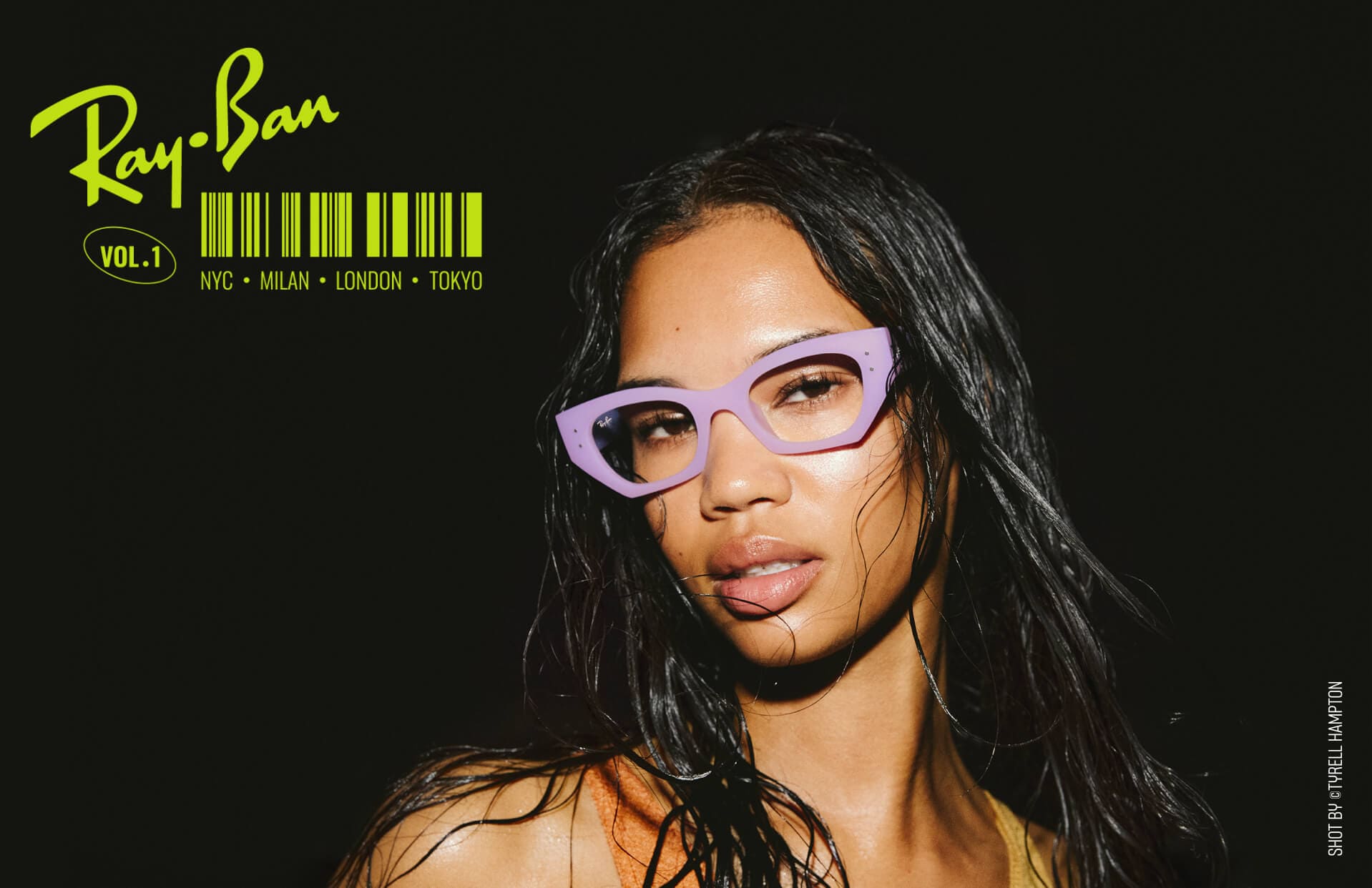
FEEL THE PULSE
Ray-Ban Pulse is all about unabashed self-expression – a willingness to live in full color. Find the color that speaks to you and join the movement. These nine new styles are bold, they’re genderless, and they’re bio-based*.
*Lenses designed with bio-nylon containing 40% bio-based carbon content** (available only for classic sun lenses). Non metallic frames
also feature bio-based frames with 57% bio-based carbon content**.
** tested according to ASTM D6866 standard
Responsible Shipping
When it comes to getting your online orders to you, we’re proud to offer a carbon-neutral option through Responsible Shipping. Ground transport produces significantly fewer emissions than air transport, and any emissions that are created are offset through climate protection projects such as reforestation, renewable energy, waste disposal, wind power, and more. Discover more about our sustainability initiatives and learn about Responsible Shipping at our Shipping & Returns page.
1Bio-based frames (acetate or nylon) have a carbon content of at least 46% (percentages represent the amount of carbon coming
from plant- vs. fossil-based sources. ASTM D-6866 standard). Recycled acetate frames have 27% recycled content; recycled nylon frames have
at least 50% recycled content.
2Net plastic neutrality is established by purchasing credits from Plastic Bank. A credit represents the collection and conversion
of one kilogram of plastic that may reach or be destined for waterways. CooperVision purchases credits equal to the weight of plastic in
Ray-Ban®
1-DAY, LensCrafters® One Day Premium, LensCrafters® Monthly, MiSight® 1 day orders in a specified time period (weight includes plastic in
blister, lens, and secondary package, including laminates, adhesives, and auxiliary inputs (e.g. ink). CVI data on file, 2023.
3Details about Responsible Shipping can be found at
https://www.lenscrafters.com/en-ca/return-policy
4 See OneSight EssilorLuxottica Foundation’s report,
Eliminating Poor Vision in a Generation
5 Bio-acetate for frames has a bio-based carbon content of at least 54% and bio-nylon for frames has a bio-based carbon content
of at least 46% (percentage varies depending on frames model); sun lenses can be made with bio-nylon having 40% bio-based carbon content
(except for polarized applications); these percentages represent the amount of raw material coming from renewable plant-based sources versus
fossil-based sources.^"†"
^"†" Percentage calculated using ASTM D-6866 international standard method.
6 Recycled acetate for frames has 27% recycled content, recycled nylon for frames has at least 50% recycled content.




